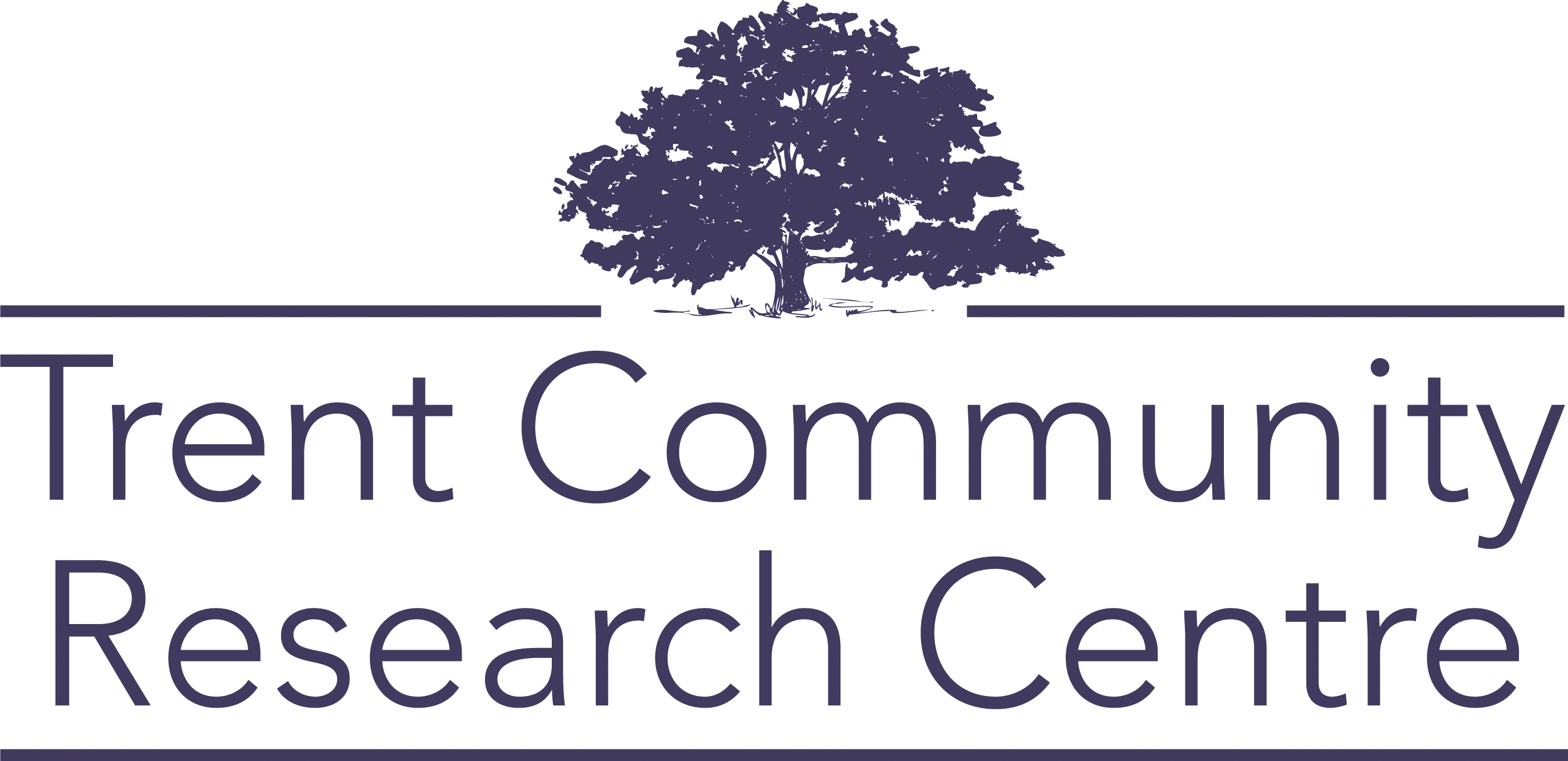Your research can make an impact.
Pursuing community-based research with the TCRC is a rewarding way to earn academic credits while getting involved and contributing to your community. Your research will answer important questions posed by your community and help local organizations do better work and build a better Peterborough.
Here are just some of the reasons why other students have chosen to get involved:
- Real World Impact
-
Community-based research projects address real issues faced by communities, allowing students to make tangible contributions and witness the direct impact of their work.
- Community Connection
-
Build connections with local communities, fostering a deeper understanding of diverse perspectives and the role of research in addressing societal challenges.
- Professional Development
-
Develop a diverse skill set, including research methodologies, project management, and effective communication, enhancing professional readiness.
- Networking Opportunities
-
Engage with community organizations, faculty members, and fellow students, expanding your professional network and fostering collaborative relationships.
- Showcasing Results
-
Present research findings publicly during the annual Celebration of Community-Based Research events, gaining valuable experience in communicating research outcomes to a broader audience.
 “Working on a Community Research Project at Trent was an amazing experience that helped connect me to the local community through meaningful and relevant research. Not only did I make so many valuable connections, but I also found a research topic that I’m passionate about and plan to pursue in my career.”
“Working on a Community Research Project at Trent was an amazing experience that helped connect me to the local community through meaningful and relevant research. Not only did I make so many valuable connections, but I also found a research topic that I’m passionate about and plan to pursue in my career.”
KATARINA LAAKMAAN
‘50% Local Food 2030: Economic Impact Analysis and Supply Chain Requirements’
How to Get Involved
Undergraduate students have the opportunity to engage in community-based research either as independent students or through capstone courses. Both options provide valuable hands-on experience and the chance to work closely with community organizations.
Independent Students
In the independent student model, students can complete a community-based research project as a half, full, or double-credit independent study.
Students start by identifying a project they are passionate about and then, find a faculty member to supervise their work. After securing an instructor, students meet with a community host organization to ensure a suitable match. TCRC staff support these steps, but participation is contingent on the instructor’s approval and, in some cases, the academic department's consent.
Typically, students need to have earned 10 full-year credits and maintained a 75% average to qualify. (If you do not meet these requirements, please contact us to discuss your eligibility.)
Capstone Courses
Students can also opt to enroll in capstone courses where each student completes a community-based research project, either individually or in teams. These courses are structured around community-based research and include relevant lectures or seminars. Available community-based research capstone courses include:
- ADMN 4820Y - School of Business Community-Based Research Project
- FRSC 4890Y - Forensic Community-Based Resource Project
- GDST (formerly IDST) 4220Y - Assessment of Development Projects
- Trent School of the Environment (TSE) Capstone Courses:
- GEOG 4830Y - Community-Based Research in Geography
- ERSC/ERST 4830Y - Community-Based Research Project
- SAFS 4850Y - Community-Based Research Project
Additionally, some courses offer community-based research as an optional component, such as:
- CAST 3011H - Everyday History
- ERSC 3160H - Community-Based Resource Management
- GESO (formerly WMST) 3021H - Discovering Feminist Research
- POST/GDST 4872H - Community-Based Research with Immigrants
- PLCW 3004H - Community-Based Research Methods
Please reach out to each department for more specific information on the capstone courses.
Graduate Students
Graduate students can work with the TCRC in various ways. Community-based research projects can be incorporated into graduate study as part of graduate course work, major research paper (MRP), thesis, or dissertation. From time to time, paid internships also become available. There are also opportunities for graduate students to volunteer with the TCRC to support undergraduates in their research.
Undertaking community-based consultancy research is also an optional component for students in the Masters of Management program: MSMG-5000Y: Integrated Workplace Project. If you are a graduate student who is interested in community-based research, please contact us.






